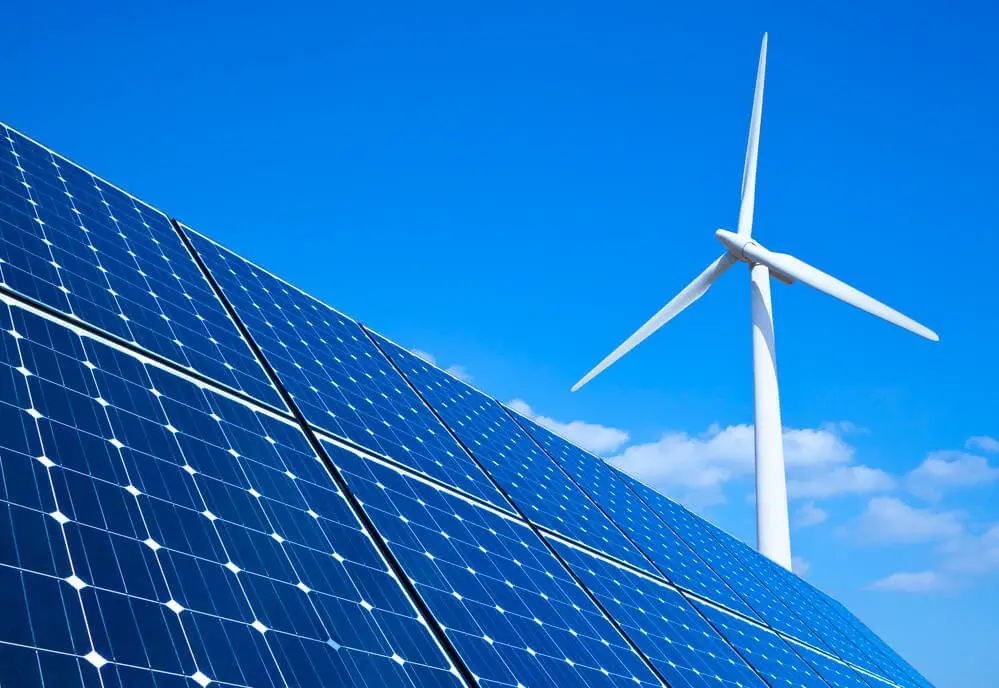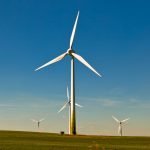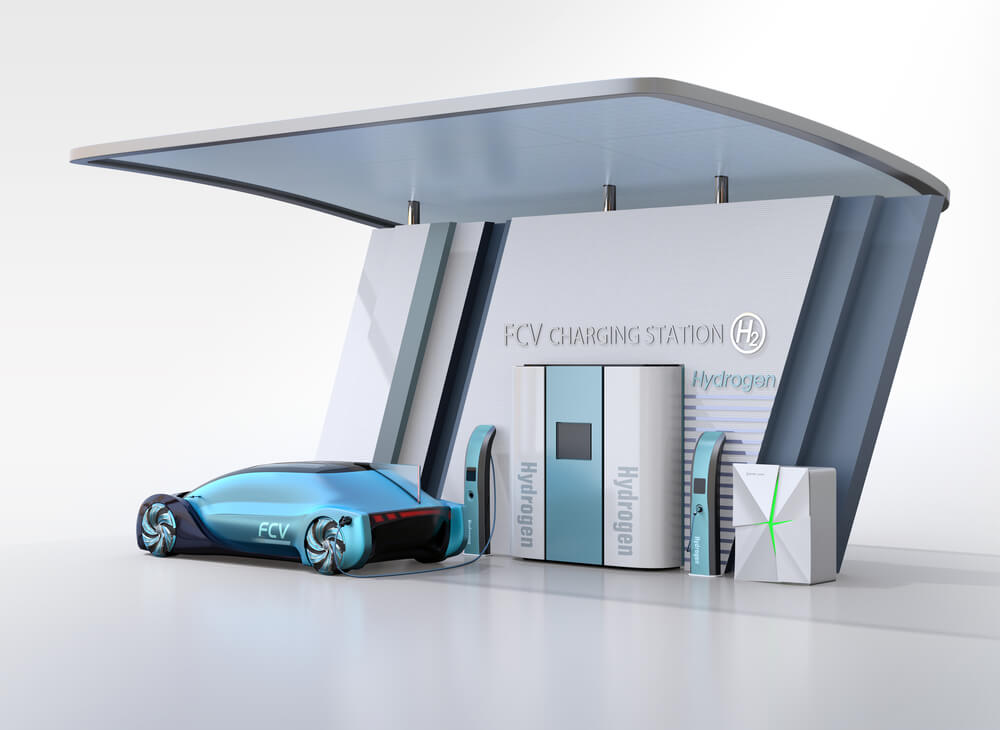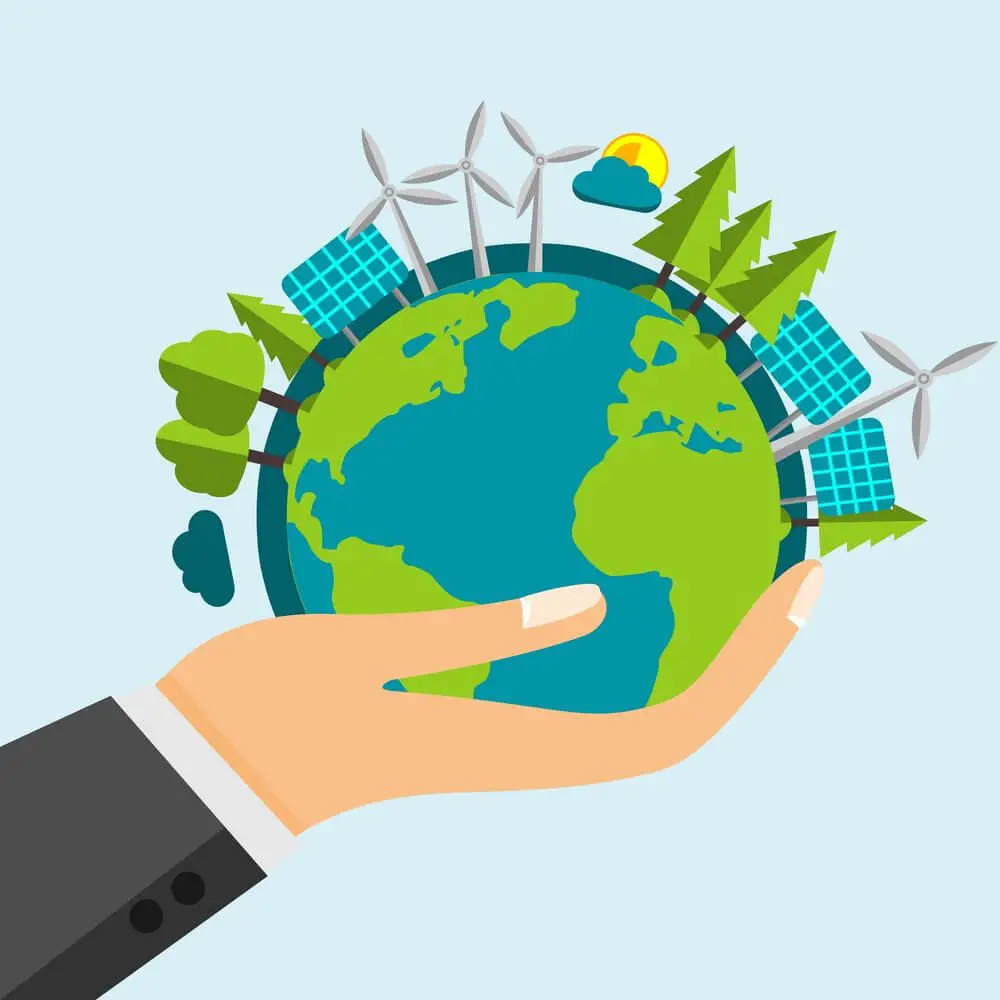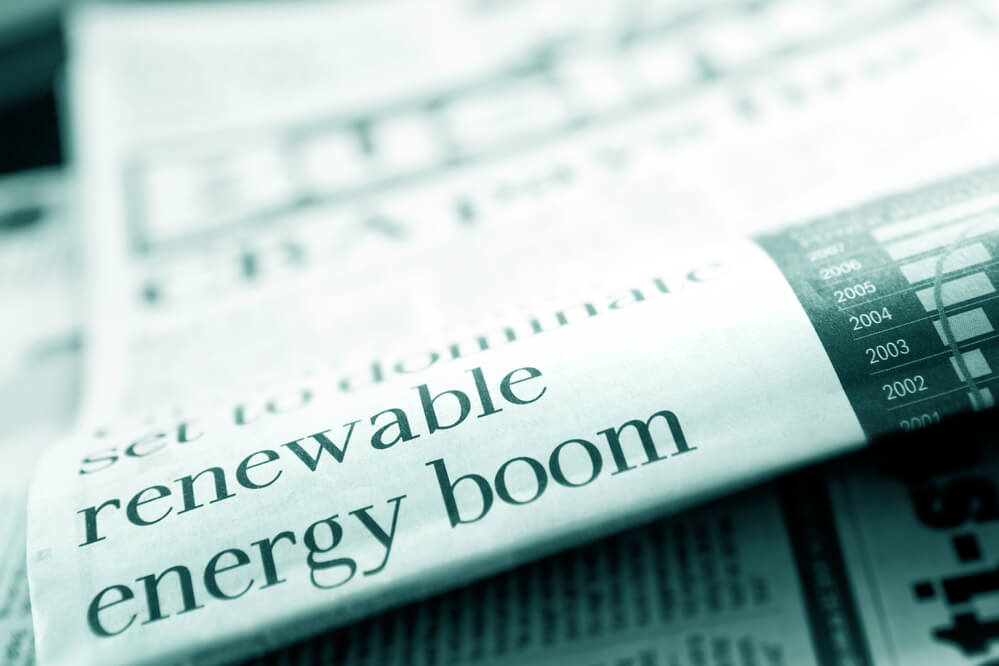In recent times, renewable energy as a power source has become more acceptable and prevalent.
The consistent use of this new power source raised several questions about its usefulness over greenhouse gases.
I was once like you asking the same question regarding the need for renewable energy.
However, I came across different coherent reasons why we need renewable energy in daily affairs in my quest for answers.
In the course of this article, I will share my findings on the need for renewable energy.
In addition, I’ll also outline the benefits, the pros and cons, and the role renewable energy stands to play in the world.
Let’s get started.
Benefits of Renewable Energy
Similar to any human activity, renewable energy poses several benefits to an individual and the environment.
The significant advantages of renewable energy to the individual involve the creation of jobs.
While to the environment, it poses as a means to reduce the rising greenhouse gas emissions.
This section of this article will reveal the benefits of renewable energy to the individual and environment in more detail.
- Emits Little To No Greenhouse Gases
The world’s statistics for greenhouse gas emissions usually get attributed to the combustion of fossil fuels.
This was where renewable energy genuinely made a stance and name for itself.
Studies revealed that renewable energies contributed little to no trace amount of harmful gas emissions resulting in global warming.
Even after considering the life cycle of the technology, this energy revolutionized power production.
- Affordability; Less Expensive for Maintaining Steady Power Supply
Generally, when it comes to power supply, geopolitical upheavals and strife contribute to an increase and decrease in energy pricing.
However, unlike the traditional power supply means, geopolitical crises do not affect renewable energy.
Because renewable energy is usually generated locally, the pricing is typically low and with fewer spikes or disruptions.
Running on renewable energy doesn’t require high amounts because the power source comes naturally.
- Renewable Energy Brings Resilience To The Energy System
The traditional energy infrastructure operates like grids and is dependent on a specific power source location.
And as history has shown, when a problem arises with these grids, there is power supply disruption to all areas.
However, renewable energy promotes an independent remote source of power.
This means damage to one source does not affect the operation of others.
In my research, I found that most businesses invest in renewable energy to avoid power disruption.
And these disruptions include weather-related resilience to impacts of climate change.
- Easier Accessibility
Primarily, there is at least one renewable energy source like the sun in every part of the world.
Renewable energy promotes the single way every individual can access power supply wherever they are.
For instance, in developing nations, renewable energy is a means for government bodies to expand power accessibility to all inhabitants.
Whether in an informal settlement, an urban slum, or peri-urban areas.
- Promotes Democracy
I know you might be questioning this benefit, but I assure you that renewable energy promotes democracy.
The recent trend of more countries joining the renewable energy power source is proof that democracy is the sole driver of this cause.
Why Is Renewable Energy Needed?
Personally, the major need for the use of renewable energy in a developed (or developing) country is for the reduction in air pollution.
As you may know, traditional electricity production is responsible for several hosts of chemical emissions in the air.
Following my research, traditional electricity production and greenhouse gas emissions cause about 37% of C02, 66% of SO2, 25% of NOx, and 40% mercury in the U.S. atmosphere.
The need for renewable energy is pretty numerous to state. However, I would highlight a few reasons why there is a need for renewable energy.
- It acts as proof of economic development.
- There is a stable or fixed pricing for power supply to homes with renewable energy.
- Unlike the traditional power generation method, renewable energy is reliable.
- It promotes global warming advocacy.
- There is less air, water, and land pollution when generating electricity.
What Role Does Renewable Energy Play?
In a 2020 study of the U.S. electric power sector, about 20% of the generated electricity was reportedly from renewable energy sources.
This renewable energy power generation was from wind, solar, hydro, geothermal, and biomass sources.
Primarily, I would state the significant role of renewable energy in any country as the central power supply.
During my research, I found out other roles renewable energy plays in society. Let’s take a look at those roles;
- Transportation
In recent times, transportation by vehicles has become more powered by renewable energies like solar power.
It plays a role in transport by reducing the cost of operation for many drivers and car owners.
In the future, you would expect that all (if not most) vehicles would have renewable energy power sources.
- Job Creation
According to a published article on Forbes, the renewable energy employment rate rose by 3.6% in 2018 – adding about 110,000 new jobs.
For a developing nation, renewable energy plays a massive role in creating jobs for the youths.
In addition, E2’s clean job report shows that about 3.3 million Americans work in the renewable energy sector.
Furthermore, these statistics revealed that renewable energy outnumbers fossil fuel workers by three to one.
- Energy Security
In the U.S, renewable energy significantly impacts the use of greenhouse gas emissions and the overall state’s energy security.
It reduces energy importation and fossil fuel use, becoming the nation’s largest CO2 emission source.
- Pollution Reduction
Looking at the rising global warming cases, you will see that fossil fuel combustion and other pollutants cause an increase in atmospheric depletion.
However, renewable energy does pretty the opposite of fossil fuel as it produces no pollution.
Why Do We Need Renewable Energy For Our Future
As time gradually passes and a dawn of a new beginning arises, the need for renewable energy in the future increases.
There are several reasons why we need renewable energy in the future. Let’s see some of those reasons;
- As a form of energy storage.
- For more independent and distributed power generation.
- Job expansion and increased work empowerment.
- For reduced global warming.
- It provides a longer sustainable power supply to run large equipment of the future.
What Are The Pros and Cons Of Renewable Energy?
Although renewable energy has proven to be an effective and reliable means of providing electricity.
However, there are some slight disadvantages to using renewable energies.
This section will highlight the pros and cons of using renewable energy – to the individual and environment.
Pros
- Clean and Eco-friendly
Any renewable energy expert can attest that this power source offers clean and eco-friendly electricity generation.
Unlike fossil fuel combustion, renewable energy emits low or zero greenhouse and carbon gases.
- It Provides An Endless Power Source
Renewable energy implies an undepletable power source, even after prolonged usage. You can consider energy sources like fossil fuels as limited because they eventually run out.
However, solar or wind energy can never finish or expire.
- Creates Job Opportunities
As earlier stated, renewable energy has provided a high number of jobs in recent times. It accounts for over 20% of the U.S job opportunities in recent times.
The job opportunities created by renewable energy include consultants, technicians, engineers, and installers.
- Reliable Source of Energy
Renewable energy has proven to be a reliable means of attaining steady and sustainable power.
For instance, unlike fossil fuels, trade disputes, political instabilities, and spikes in energy prices do not affect renewable energy.
However, some power experts would argue that renewable energy is an unreliable energy source.
Moreover, if there is solid infrastructure, this renewable energy wins as a reliable power source.
- Requires Less Maintenance and Provides A Stable Cost
Generally, the cost of maintenance for renewable energy is strikingly lower when compared to the traditional power source.
Renewable energy sources like solar and wind powers do not require consistent changing of equipment to function.
In addition, the cost of running renewable energy comes at an affordable steady rate. There are no price fluctuations because the power source is of natural origin.
Cons
- Lower-Efficiency Levels
Renewable energy is still fresh on the market, and its efficiency is still unstable and low.
Due to the insufficient knowledge on how to effectively harness these energies, it makes the distribution of power in a lower efficient manner.
- Expensive To Set Up
Although maintaining a renewable energy source is relatively affordable, the initial setup can be pretty expensive.
Setting up the facility usually requires a huge financial outlay because the cost of building and planning is high.
- Uses A Lot of Space
Let’s face it, operating a renewable energy technology like wind or solar power requires a large space for installation.
For instance, if you lack enough field or rooftop space, you will be unable to install a wind-energy technology or solar panel.
- Not Usually Commercially-Viable
Generally, operating renewable energy on a commercial level requires more of the specific power technology.
For this reason, when it is generating power for large commercial use, renewable energy sources are usually not the first choice.
Conclusion
If you remain uncertain about the need for renewable energy, this article has highlighted the importance of this power source.
According to my research, I have detailedly shown the role, pros, and cons of renewable energy.
If you or anyone ever needs clarification on the importance, benefits, futuristic advantages of renewable energy, you refer to this article.
